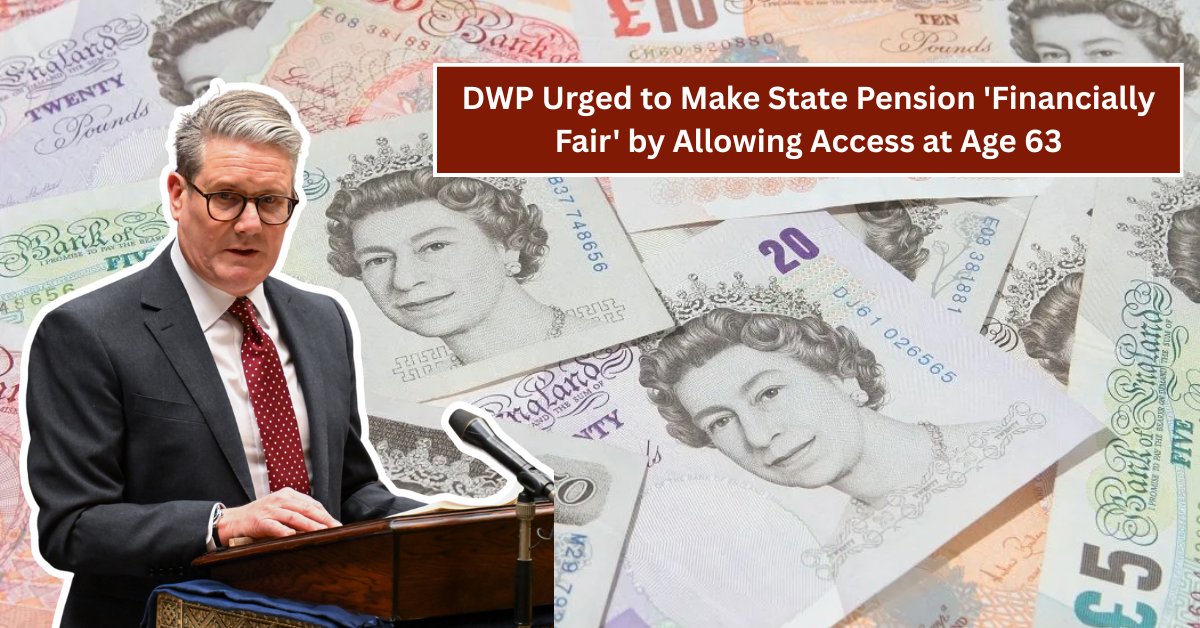Many people rely on payments from the Department for Work and Pensions (DWP) to manage their daily expenses. If you were expecting to receive a payment on 17 July and it hasn’t arrived, it can be worrying and confusing. Understanding the possible reasons behind a delayed or missing payment can help you stay calm and take the right steps to resolve the issue.
In this article, we will explain common scenarios such as reassessments, sanction reviews, and changes in benefit claims that may affect the timing of your DWP payment. Knowing what to expect and how to act can make a big difference in managing your finances and avoiding unnecessary stress.
What Is a DWP Payment?
This Article Includes
- 1 What Is a DWP Payment?
- 2 Reassessments May Delay Your Payment
- 3 Sanction Reviews Could Affect Your Benefit
- 4 Changes in Your Benefit Claims Can Cause Payment Delays
- 5 Technical Issues and Payment Method Problems
- 6 What to Do If You Don’t Receive Your Payment on 17 July
- 7 How to Prevent Payment Delays in Future
- 8 Conclusion
The Department for Work and Pensions (DWP) provides financial support to individuals in the UK through various benefits like Universal Credit, Employment and Support Allowance (ESA), and Personal Independence Payment (PIP). These payments help people cover living costs when they are unemployed, ill, or disabled. Payments are usually made monthly, but sometimes there can be delays or interruptions.
Reassessments May Delay Your Payment
One common reason for missing a scheduled payment is that your benefit claim is under reassessment. The DWP regularly reviews claims to make sure you still qualify for the benefits and to check if the payment amount should change. During this process, payments might be paused until the review is complete.
Reassessments can happen for many reasons, such as changes in your health condition, employment status, or income. If the DWP requests additional information or documents, it is important to respond quickly to avoid longer delays in your payments.
Sanction Reviews Could Affect Your Benefit
If you have not met certain conditions required for receiving your benefits, such as attending a scheduled meeting or looking for work as agreed, the DWP may apply a sanction. Sanctions temporarily reduce or stop your payments until you meet the terms set by the DWP.
Sanctions are often reviewed before payments resume. If you are currently under a sanction review or have recently been notified of one, it can lead to a delay or no payment on your usual date, such as 17 July. It is very important to understand the steps you need to follow to lift the sanction and get your payments restarted.
Changes in Your Benefit Claims Can Cause Payment Delays
Sometimes, if you update or change details in your benefit claim—such as income, address, or household situation—it can take some time for the DWP to process these updates. During this period, your payment could be delayed as the department adjusts your claim details.
For example, if you recently changed jobs or started earning extra money, the DWP needs to recalculate how much support you qualify for. Until this is done, payments might be paused or reduced. It’s a good idea to report any changes as soon as possible and keep track of your application status.
Technical Issues and Payment Method Problems
Sometimes a missed payment isn’t due to a claim issue but rather technical problems. Bank account errors, incorrect payment details, or problems with the DWP payment system can all cause a payment to be delayed or missed.
If you think this is the case, double-check your payment information and contact your bank. You can also get in touch with the DWP to confirm if there are any known technical issues affecting payments during this time.
What to Do If You Don’t Receive Your Payment on 17 July
If your DWP payment does not arrive when expected, the first step is to stay calm and check your online account if you have one. Most benefits claimants can log in to their personal portal to see the payment status and any messages from the DWP.
Next, contact the DWP helpline to ask for information about your missed payment. Be ready to provide your National Insurance number and other identification details. They can explain if there is a reassessment, sanction, or claim update affecting your payment.
If you are experiencing financial hardship because of the delay, you may be able to apply for an advance on your benefit payment to help cover urgent costs. Remember, staying proactive and informed is the best way to manage any issues with your DWP payments.
How to Prevent Payment Delays in Future
To avoid missing payments in the future, always report changes to your circumstances promptly. Keep copies of all correspondence with the DWP and respond quickly if they request any documents or information. Make sure your bank details are always up to date and correct.
Understanding the conditions of your benefits and attending all scheduled meetings or assessments will help you prevent sanctions that could stop your payments. If you face any difficulties, reach out for support from local advice centers or specialists who can guide you through the process.
Conclusion
Missing a DWP payment on a date like 17 July can feel stressful, but there are often clear reasons behind the delay. Reassessments, sanction reviews, changes in your claim, and technical issues are some of the main causes. By staying informed, responding quickly to DWP requests, and keeping your details up to date, you can reduce the chances of payment delays.
If you do encounter problems, contact the DWP immediately and look for financial support options if needed. Taking these steps will help you manage your benefits smoothly and avoid surprises in the future.






